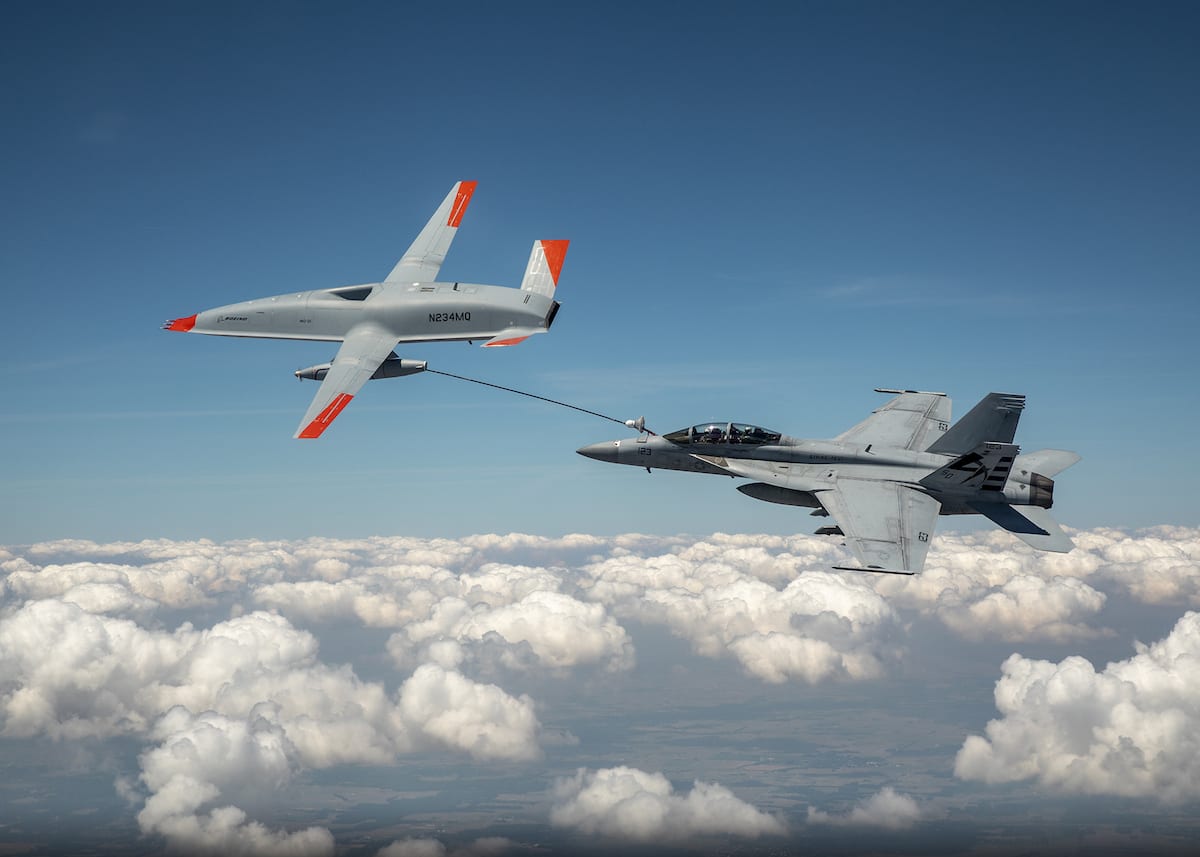SOURCE: AFI

The US Navy has taken a significant step forward with the MQ-25, its unmanned carrier-based refueler, by successfully simulating the Joint Precision Approach Landing System (JPALS). This groundbreaking technology offers “hands-off” navigation and guidance, making it a key capability for unmanned aerial systems (UAS) operating from aircraft carriers. JPALS enables precise and autonomous landings in challenging sea conditions, providing the reliability and safety needed for future unmanned naval operations. As the US Navy pushes the boundaries of naval aviation, this development holds important lessons for other navies, including India’s.
For the Indian Navy, which is rapidly modernizing and seeking to enhance its blue-water capabilities, the success of the MQ-25 and JPALS offers a roadmap to the future of unmanned naval aviation. By adopting and adapting such technologies, India could significantly bolster its naval capabilities. The Indian Navy should seriously consider developing a similar system indigenously in collaboration with the private sector, particularly as the country’s defense ecosystem grows in capability and ambition.
The Indian Navy has invested heavily in aircraft carriers, including the INS Vikramaditya and the indigenous INS Vikrant. While these platforms provide India with formidable power projection, there is a growing need for advanced unmanned systems to complement manned aircraft, enhance operational flexibility, and reduce risks to pilots. The MQ-25 refueler, with its JPALS-enabled autonomous operations, is a prime example of how unmanned systems can act as force multipliers.
For India, having an unmanned carrier-based system that can perform critical tasks like aerial refueling or reconnaissance without relying on manned aircraft would enhance the Navy’s operational endurance. Additionally, autonomous systems like JPALS provide safety and precision in difficult sea conditions, improving the overall effectiveness of carrier operations.
India has a growing private defense sector that has already demonstrated its ability to produce high-quality, innovative defense systems. Companies such as Hindustan Aeronautics Limited (HAL), NewSpace Research & Technologies Pvt Ltd, Tata Advanced Systems, and Larsen & Toubro (L&T) have made strides in aviation and defense manufacturing. With the right partnerships and investments, Indian firms are capable of developing a system similar to JPALS, tailored to the needs of the Indian Navy.
Collaborating with local private sector companies for the development of an unmanned refueler and precision landing system would not only align with India’s broader goals of defense self-reliance but also foster innovation within the country’s burgeoning aerospace sector. Such a program could create new avenues for research and development in autonomous systems, avionics, and navigation technologies. Importantly, it would provide the Indian Navy with a customized solution that meets its operational requirements and can be scaled to meet future needs.